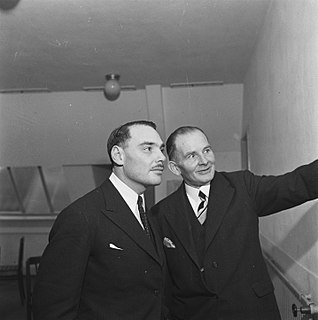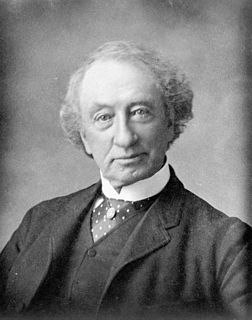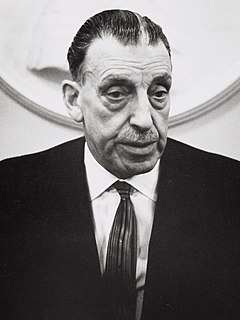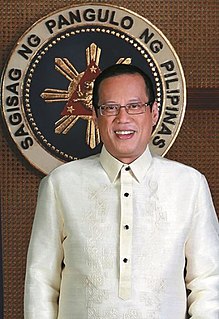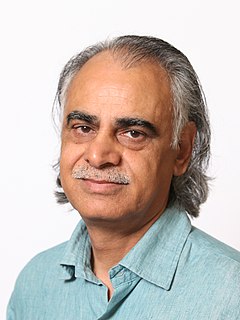A Quote by Margaret Thatcher
Any attempts by any government to change Community legislation to its own wishes are doomed to failure following the extension of policy areas now subject to majority voting... In our opinion, this must have serious implications for the traditional view of Parliament as a legislative body sovereignty.
Related Quotes
It must be an independent House, having a free action of its own, for it is only valuable as being a regulating body, calmly considering the legislation initiated by the popular branch, and preventing any hasty or ill considered legislation which may come from that body, but it will never set itself in opposition against the deliberate and understood wishes of the people.
The principle of Parliamentary sovereignty means neither more nor less than this, namely, that Parliament thus defined has, under the English constitution, the right to make or unmake any law whatever; and, further, that no person or body is recognised by the law of England as having a right to override or set aside the legislation of Parliament.
He who thinks he can have flesh and bones without being subject to any external influence, or any accidents of matter, unconsciously wishes to reconcile two opposites, viz., to be at the same time subject and not subject to change. If man were never subject to change there could be no generation; there would be one single being, but no individuals forming a species.
If gun laws in fact worked, the sponsors of this type of legislation should have no difficulty drawing upon long lists of examples of criminal acts reduced by such legislation. That they cannot do so after a century and a half of trying - that they must sweep under the rug the southern attempts at gun control in the 1870-1910 period, the northeastern attempts in the 1920-1939 period, the attempts at both Federal and State levels in 1965-1976 - establishes the repeated, complete and inevitable failure of gun laws to control serious crime.
It is only because the majority opinion will always be opposed by some that our knowledge and understanding progress. In the process by which opinion is formed, it is very probable that, by the time any view becomes a majority view, it is no longer the best view: somebody will already have advanced beyond the point which the majority have reached. It is because we do not yet know which of the many competing new opinions will prove itself the best that we wait until it has gained sufficient support.
RTE was set up by legislation as an instrument of public policy, and, as such is responsible to the government. The government have overall responsibility for its conduct, and especially the obligation to ensure that its programmes do not offend against the public interest or conflict with national policy as defined in legislation. To this extent the government rejected the view that RTE should be, either generally or in regard to its current affairs programmes, completely independent of government supervision.
The implications of the transfer of full sovereignty from separate nations to a World Organization. . .Political unification in some sort of World Government will be required. . .Even though. . . any radical eugenic policy will be for many years politically and psychologically impossible, with the greatest care, and that the public mind is informed of the issues at stake so that much that now is unthinkable may at least become thinkable.
He who desires or attempts to reform the government of a state and wishes to have it accepted, must at least retain the semblance of the old forms; so that it may seem to the people that there has been no change in the institutions, even though in fact they are entirely different from the old ones. For the great majority of mankind are satisfied with appearances, as though they were realities.
What are the policy implications of the government and this fantasy Islam, what are the policy implications of a United States government that believes Islam is as anti-terror as you and I are? Well, it means that Islamic doctrine can never be cited as the cause of terrorism, as a matter of policy. And it never is. It never is.
The conception that government should be guided by majority opinion makes sense only if that opinion is independent of government. The ideal of democracy rests on the belief that the view which will direct government emerges from an independent and spontaneous process. It requires, therefore, the existence of a large sphere independent of majority control in which the opinions of the individuals are formed.
No doubt, you've got a parliament now - I mean, Malcolm Turnbull says he'll work with the parliament he's got. He's got a parliament where a majority of the members of parliament want that law to be changed. He's got a parliament where there's a majority in each House who have publicly said they want to have a Royal Commission into banks.

